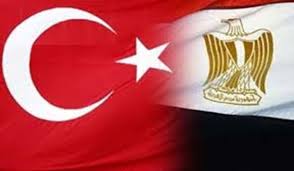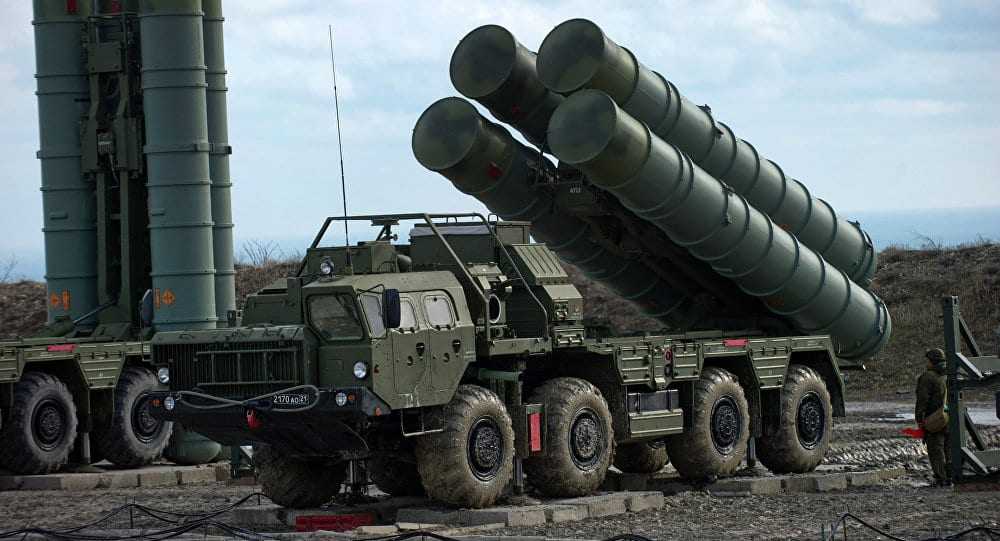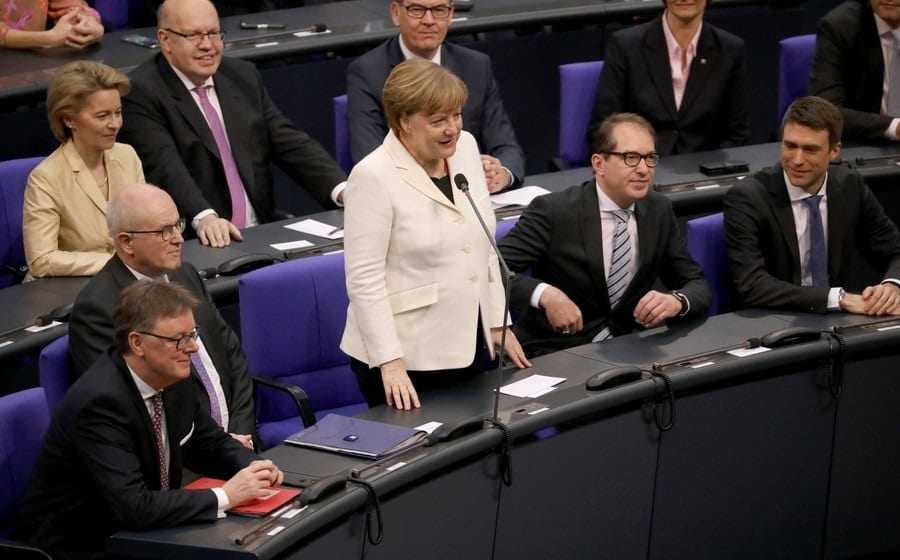By Mohamed Elerian, World Politics Review
In mid-March, Turkey and Egypt confirmed they’d had their first diplomatic contact since breaking off relations in 2013. Though the talks were described by Egyptian sources as preliminary, Turkish Foreign Minister Mevlut Cavusoglu was quoted as saying, “Contacts at the diplomatic level have started.”
The thaw comes after a decade of intense rivalry that saw the countries on opposing sides of the war in Libya, the blockade of Qatar by its neighbors and energy disputes in the Eastern Mediterranean. Relations between Ankara and Cairo quickly deteriorated after the military takeover led by Abdel Fattah el-Sisi, the general-turned-civilian president, which toppled the government of democratically elected President Mohamed Morsi in 2013. As recently as last year, the rivals were seemingly on the brink of a military confrontation over Libya.
Yet the past few weeks have seen a stark shift in the language coming out of Turkey regarding the Egyptian government, which Turkish President Recep Tayyip Erdogan had recently described as led by a “tyrant” that he would “never talk to.” Now Turkey’s presidential spokesperson has called for a “new chapter” to be opened between the two countries, with Cavusoglu similarly calling for renewed cooperation. Erdogan, too, has increasingly toned down his language on Sisi, signaling a move toward pragmatism in Ankara.
The recent Turkish charm offensive takes place against a backdrop of growing calm in the region. The blockade of Qatar led by Saudi Arabia and the United Arab Emirates, along with their regional allies, ended following the restoration of diplomatic and economic relations with Doha earlier this year, easing a crisis in the Gulf. And the Libyan parliament has endorsed a new unity government that enjoys the support of both Ankara and Cairo, significantly reducing tensions between the Turkish-backed, United Nations-recognized Government of National Accord in Tripoli and the rival, Tobruk-based parliament allied with Gen. Khalifa Haftar and supported by Egypt.
While tensions over the rich gas fields of the Eastern Mediterranean remain a major stumbling block, recent Egyptian exploration bids in those waters have recognized the exclusive economic zone, or EEZ, as demarcated by Turkey on the basis of a 2019 agreement between Turkey and Libya on maritime delimitation, rather than on the basis of an agreement signed between Egypt and Greece in August 2020. In so doing, Egypt has left the door open to future reconciliation with Ankara and averted getting sucked into the dispute between Turkey and Greece over their respective EEZs in the Mediterranean.
Contrast that with 2018, when Egypt joined Greece, Cyprus and Israel in an effort to contain Turkey in the Eastern Mediterranean, by excluding Ankara from the newly formed East Mediterranean Gas Forum, despite Turkey possessing the longest continental coastline in the region. The group recently expanded to include France, with the European Union and the U.S. as observers, and the UAE’s request for observer status pending, adding to the impression of the bloc being set up as an anti-Turkish body.
If the objective was to temper an increasingly assertive Turkey, however, the plan failed. Ankara responded to its exclusion with a provocative policy of deploying navy ships alongside an oil and gas exploration vessel to carry out seismic research in disputed waters claimed by Greece and Cyprus.
Egypt now has the opportunity to pursue an independent path in the Eastern Mediterranean by testing recent Turkish political overtures.
Egypt, which does not share Greece and Cyprus’ historical hostilities with Turkey, now has the opportunity to pursue an independent path in the Eastern Mediterranean by testing recent Turkish political overtures. A deal with Turkey would not only hold the promise of calming tensions, but could also see Cairo add up to 21,500 square kilometers to its EEZ, advancing Egypt’s ambitions of becoming a regional hub from which to export its gas to global markets. Turkey has in fact repeatedly tried to lure both Egypt and Israel into signing a trilateral EEZ agreement by claiming both countries will benefit more under a Turkish arrangement than by signing bilateral agreements with either Greece or Cyprus.
The tensions between Cairo and Ankara had become entangled in the long-standing rivalries between Greece and Cyprus—recently backed by France—and Turkey. But the EU as well as the U.S. have an interest in encouraging the rapprochement between Egypt, a major military power in the Middle East, and Turkey, the second-largest military in NATO, which would be a stabilizing influence on the Middle East and North Africa.
To be sure, the obstacles to a return to full cooperation between Ankara and Cairo go far beyond the Eastern Mediterranean. Breathless headlines coming out of both Turkey and Greece notwithstanding, Ankara and Cairo are not anywhere near reaching a maritime demarcation deal that would bring about a new balance of power in the Eastern Mediterranean. There remains long-standing mistrust between both sides, and neither Erdogan, given his outspoken distaste for his Egyptian counterpart in recent years, nor Sisi will want to be seen as being the first to back down. Egypt will also not want to jeopardize the major economic aid it receives from its Gulf partners, which strongly oppose Turkey.
Nevertheless, both the Turkish and Egyptian governments would do well to compartmentalize their ideological differences and take full advantage of the current period of relative tranquility in the region to quicken steps toward a mutually beneficial rapprochement.
Italy is particularly well-placed to help promote this detente, due to its strong ties on trade and energy cooperation with both sides. Italy is also a major weapons supplier to the Egyptian military and has seen its interests align with Turkey in Libya, placing Rome in a unique position of influence to nudge both sides to the negotiating table.
Germany can support these steps, too, as Turkey’s No. 1 trading partner. As for Washington, the Biden administration’s reset of U.S. foreign policy provides an ideal opportunity to explore the possibilities of pushing for a negotiated compromise between two of its key strategic partners in the Middle East.
Even a partial reconciliation between Turkey and Egypt is a step in the right direction and will help bring about a much-needed de-escalation in their rivalry. The EU and the Biden administration should support these efforts by leveraging their strong economic, diplomatic and military relations with both sides. For the U.S., particularly, assuming the role of honest broker would help reinvigorate its relationship with Ankara and help ensure that Turkey, increasingly a regional powerbroker, remains anchored to the Euro-Atlantic community.
Mohamed Elerian is a political affairs intern at the United Nations. He has a bachelor’s degree from Queen Mary University of London and a master’s degree in international law from The London School of Economics and Political Science. Previously, he participated in the EUPLANT program exploring EU-China legal and judicial cooperation in London, Soeul and Brussels.





